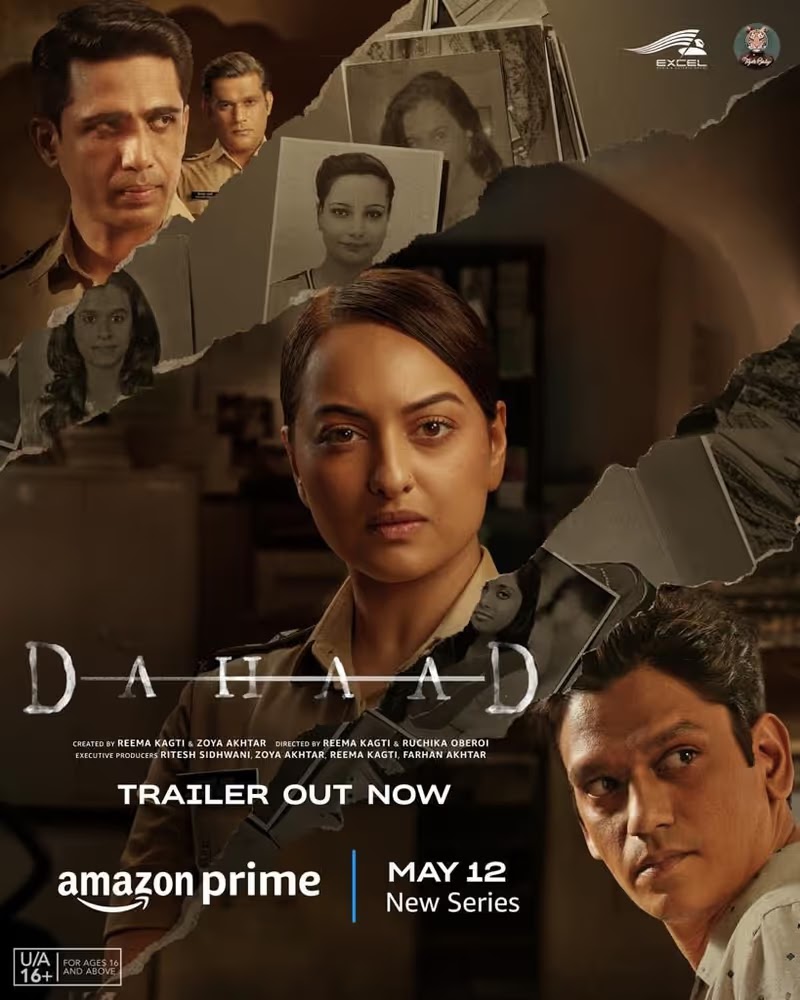Back in the dark ages when I was first writing, most mysteries from the major houses appeared in hardback, destined for what was called the "library trade." Libraries were huge consumers of mysteries, and their book orders guaranteed a modest but reliable profit for the writer.
Back then, our hope was to go into paperback, the new mass market offerings that promised a wider audience and, possibly, real money. Of course, this market was competitive, and even more competitive for women writers, because the big publishing houses were leery of supporting too many female authors.
With a few sterling exceptions, mysteries and thrillers were thought to be male territory, and I remember my then agent reporting that a major New York house had turned down my work on the grounds that "they already had their female mystery writer."
Times change. Now there are vast numbers of notable – and published – women writers, and ebooks, print on demand, self published, and trade paperbacks have joined mass market paperbacks. While the big movie deal remains as elusive as ever, the voracious streaming services have provided new possibilities.
In the process, outlets like Netflix and HBO have come up with a new way of delivering mystery entertainment: serials consisting of six to eight - or more- episodes that the producers hope will be binge worthy. I have enjoyed several of these lately, but significantly, all were based on unfamiliar authors and books.
The Netflix series, The Survivors, was a different matter. I have admired Australian writer Jane Harper for her clever plotting and efficient style. She also has a real mastery of setting, especially in her descriptions of the devastating fires that ravage the continent. As I had somehow missed the novel when it was released, I was eager to see the series.
I lasted two episodes. Had I not been familiar with the author, I think I would have found the video series diverting. The sea off Tasmania looks suitably threatening, the cast is attractive, and the actors are decent, with Robyn Malcolm and Damien Garvey doing especially good work as the protagonist's parents. Long happily married, Brian is slipping into dementia, leaving Verity, his devoted wife, grieving and raging and unable to stop blaming their visiting son, Elliot, for his adored older brother's death.
Malcolm and Garvey have been given meaty rolls, and they dominate every scene they are in. They get the big emotions and the sometimes outrageous behavior, while the central characters, Elliot and his partner, Mia, come off as rather passive and colorless.
I was curious about that and when I secured the novel from our local library, I understood why. In the novel, Elliot, returning to the island after a number of years away, is our window into events. He is our observer and also, because of a grim past history, the catalyst for reminiscence, nostalgia, hostility, and grief. In print, with a slow but relentless build up of unease and unpleasantness, he works fine.
The video is another matter. A series, just like the old time Perils of Pauline, needs an eye-catching opening, preferably for each episode. I must admit the initial scene in The Survivors, a swimmer trapped in a sea cave, is impressive. A successful serial also needs a cliff hanger at the end of each installment, dual requirements that give the episodes their characteristic rhythm.
This is perhaps why I found The Survivors, and a number of its competitors, a curious mixture, at once faster and slower than print. On the one hand, the action and the emotions are ramped up, on the other, the pacing often seems slow, with scenes needlessly elongated or clearly inserted as filler before some twist or revelation.
Of course, visibility on a major streaming service opens up a range of possibilities for a mystery writer, but at the risk of sounding terminally old fashioned, I suspect some books–and some writers– are better served by print.





